-
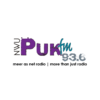 play_arrow
play_arrow
PUKfm
-
 play_arrow
play_arrow
London Calling Podcast Yana Bolder
-
 play_arrow
play_arrow
Summer Festival Podcast Robot Heart
-
 play_arrow
play_arrow
Electronic Trends Podcast Aaron Mills
-
 play_arrow
play_arrow
New Year Eve Podcast Robot Heart
-
 play_arrow
play_arrow
Techno Podcast Robot Heart
-
 play_arrow
play_arrow
Flower Power Festival Podcast Robot Heart
-
 play_arrow
play_arrow
Tech House Podcast Robot Heart
-
 play_arrow
play_arrow
Winter Festival Podcast Robot Heart
Loanné Breitenbach
@viragie
The North-West University (NWU) has devised a plan to supply a multilingual curriculum to students in English, Afrikaans, Setswana, and Sesotho (the NWU’s four official languages). The NWU plans to use these languages to establish a setting where students can access information in their preferred language. As Language Awareness Week took place from 5 to 9 September, Wapad decided to find out more about the feasibility of this approach.
To celebrate Language Awareness Week (LAW), the NWU and the Language Directorate gave students the opportunity to partake in language learning. This was done in many different ways: organising movie nights, poetry sessions, drama presentations and various beginner-level language classes.
The NWU’s Language Directorate, a support services branch, provides varying language services. This includes translation, interpreting, language editing, language counselling, and serving as a language ombudsperson.
According to Mrs Mpho Mhonyera, the Section Head of Interpreting Services at the NWU, the Language Directorate’s aim is to improve accessibility to the university, and to improve the teaching-learning experience for all. By promoting the academic status of Setswana and Sesotho, both prominent languages in the three campus regions, they hope to create a more inclusive studying experience. This is done while maintaining the current languages of instruction, English and Afrikaans. “Our functionally multilingual language policy is an additive model, where we add languages of instruction to those that have traditionally been used on our campuses,” she explains.
The NWU Potchefstroom campus uses interpreting services to make sure that students understand their lecturers. Language facilitation ensues using multilingual peer facilitation and learning resources, educational interpretation and translation, multilingual videos and recorded lectures and other technology-enabled approaches.
Dr Pieter Odendaal, senior lecturer at the School of Languages, explained that the language barrier is a complex struggle for both lecturers and students. Students learn from each other’s backgrounds, cultures, and worldviews based on how they interact in the class. Students may lose this opportunity when using interpretation services.
Dr Louise Bezuidenhout and Dr Elbé Kloppers, senior lecturers at the School of Communication, explained that the meaning of scientific and academic definitions could be lost during translation. Dr Bezuidenhout further mentions that she uses interpretation services for her theoretical discussions, but any group discussions are only in English. According to her, the dynamic of the group discussions may be lost if students use interpreters.
Students have shared their opinions on this multilingual teaching approach. Danica Nortjé, a first year BA Communication student, believes interpreting services are helpful, but may become overwhelming. Nortjé explains that she finds it difficult to answer in class, as she is used to formulating answers in Afrikaans, but is expected to answer in English.
Monthati Butjie, a second year BSc Actuarial Science student, shared her view, “Having different viewpoints is necessary in the academic world but conveying them through different languages is not beneficial. An interpreter often has to ‘mediate’ the conversation, which can lead to certain points not being properly portrayed.”
Students understand the need for being prepared for the workplace, which necessitates that they use English daily. Therefore, students and lecturers alike actively try to adapt to their linguistic needs based on their circumstances.
Written by: Wapad
Similar posts
Recent Comments
Chart
-
-
-
 play_arrow
play_arrow
I Had Some Help (feat. Morgan Wallen) Post Malone
-
-
-
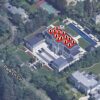 play_arrow
play_arrow
Not Like Us Kendrick Lamar
-
-
Top popular

VARSITY CUP TICKET RESELLERS AND BUYERS – MAY BE DENIED ACCESS
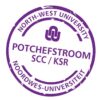
UNANSWERED AND UNSPOKEN: NWU’S SILENCE ON SUSPENSION OF SCC STUDENT LEADER

NWU EXPELS STUDENT LEADER AFTER INTERNAL FINDING OF SEXUAL MISCONDUCT

MARCHING FOR JUSTICE AND POLICE ACCOUNTABILITY: THE TRUTH BEHIND THE TMM LOFTS PROTEST

DEGENAAR PRAAT OOR DIE NA-SKOK VAN ‘N TRAGEDIE
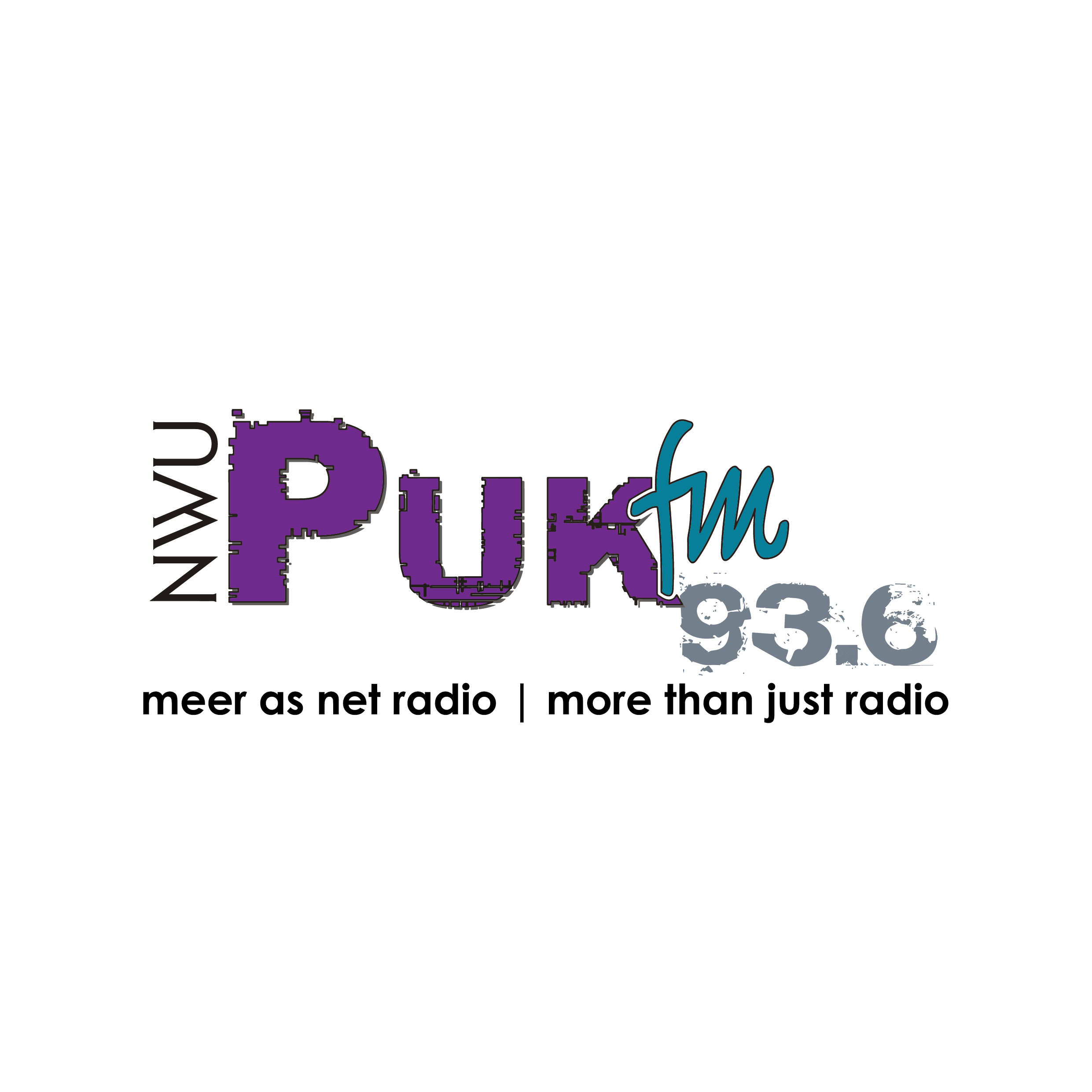
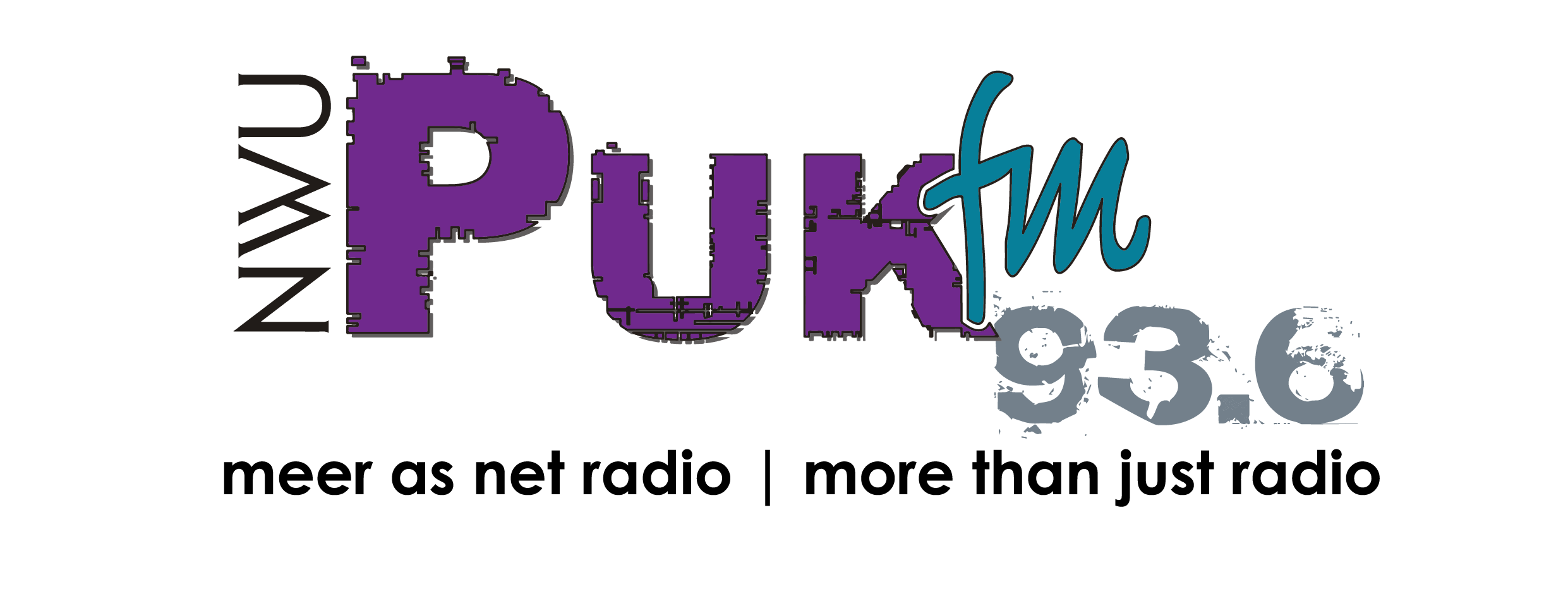
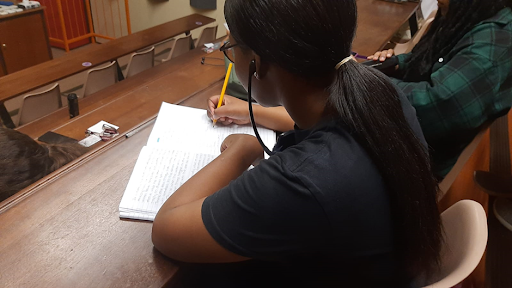



Post comments (0)